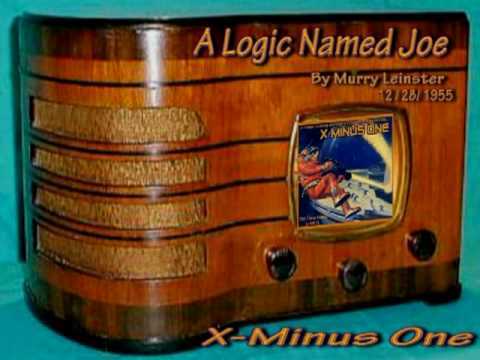What do you think?
Rate this book


Audible Audio
First published May 24, 2005
Three complete novels, one of them a Hugo Award finalist, with a number of short stories. The Pirates of Zan - When a young man is accused of being one of the Pirates of Zan and jailed unjustly, he is given a secret offer-in return for being permitted to "escape," he must shake up the establishment, which is getting set in its ways. He succeeds beyond anyone's wildest expectations, becoming not just a pirate, but the deadliest do-gooder in the galaxy. Gateway to Elsewhere - Suppose that in another dimension, the world of the Arabian Nights is real, including very powerful and very dangerous djinns, who are nothing like Aladdin's big blue pal. A man from our world wouldn't have a chance against them . . . or, would he? The Duplicators - A planet with a machine which can duplicate anything would be the wealthiest world in the galaxy, right? Wrong. And unless the hapless voyager who's trapped on the planet can find a solution to its problem, he isn't going to live to leave again. Plus three short stories, including "A Logic Named Joe," an uncannily prophetic story of home computers and the internet - written in 1946!